7 Myths About Alcohol Busted! Read The Facts
Despite the long tryst of mankind with alcohol, myths and misconceptions about its effects continue to float around. Ask a Doctor team has busted 7 common myths about alcohol which could have been otherwise dangerous to your wellbeing. Read on…
1. Myth: Coffee neutralizes the effect of alcohol

Fact: Coffee can reduce drowsiness which tricks people into thinking that the effect of alcohol is gone. In reality, decision making and coordination are still impaired. Our body takes time to break down alcohol and therefore, the effect of alcohol can actually go away only with time.
2. Myth: If you are talking and behaving normally, it’s ok to drive
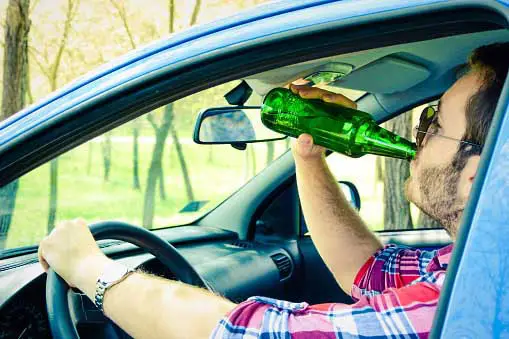
Fact: Slurred speech and abnormal behavior are delayed effects of alcohol. Coordination and decision making is impaired much earlier and at comparatively much lower levels of drinking. So, it’s wrong to assume that you can drive safely as long as you are talking or behaving normally.
3. Myth: Those who pass out after drinking too much should be left alone to sleep till they awake sober
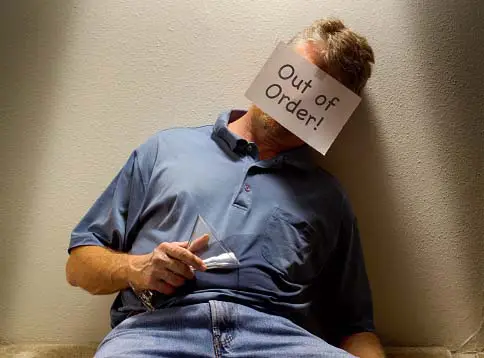
Fact: If someone passes out after drinking, you must not leave them alone and certainly not leave them to sleep unobserved. Check their heart rate and breathing regularly until they regain consciousness. If required, do not hesitate to seek a medical help. Too much alcohol can dangerously depress our breathing and blood circulation. The amount of alcohol that makes a person lose consciousness is quite close to the amount that can put lives in danger.
4. Myth: Alcohol helps you sleep better
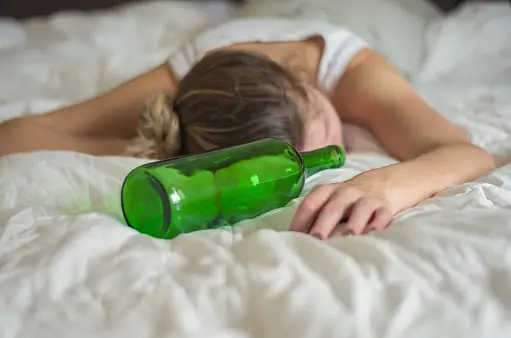
Fact: While one or two drinks may help you doze off more quickly, too much alcohol ruins the quality of your sleep. It reduces the duration of the relaxing REM (Rapid Eye Movements) sleep and makes you wake up too soon. You might even wake up in the latter half of the night with a bad headache.
5. Myth: When it comes to the effects of alcohol, gender doesn’t matter
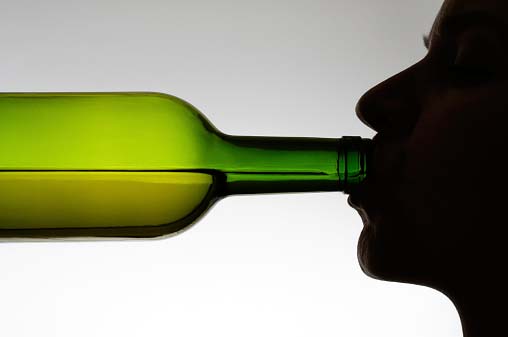
Fact: Alcohol does discriminate between men and women. On an average, women are more sensitive to the effects of alcohol as compared to men because they have less body water. It means that even after the same number of drinks, the alcohol level in blood will be higher in a woman than in a man.
6. Myth: Having some greasy food along with drinks can prevent you from getting drunk
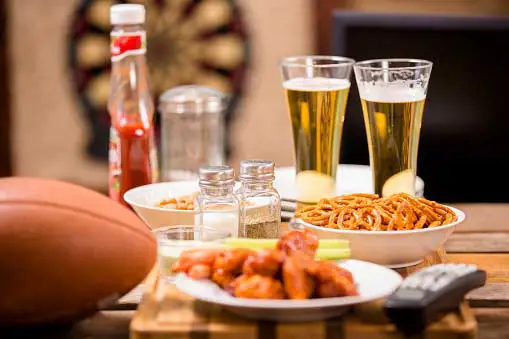
Fact: Many people tend to think that fatty food can reduce the risk of getting drunk by coating the stomach and stopping alcohol absorption. In fact, fatty food slows down the absorption of alcohol, which can somewhat stop you from getting too drunk too soon. But it does not stop alcohol absorption and cannot prevent you from getting drunk if you have too many drinks.
7. Myth: Taking a painkiller before going to bed will prevent a hangover
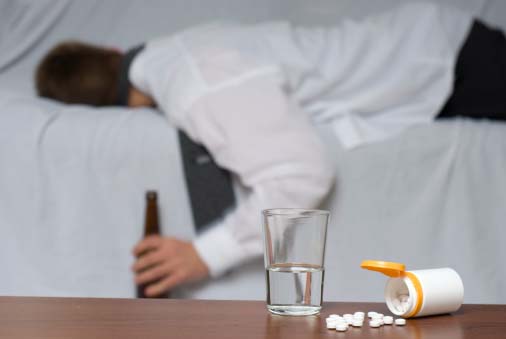
Fact: Most over-the-counter painkillers work best after 4 hours of use. By the time you wake up, the effect would have worn off. In order to avoid waking up with a bad headache, space your drinks by drinking water in between alcoholic drinks and drinking water before going to sleep. Take a painkiller if required after waking up.
Remember, drinking alcohol is fun but the after-effects are not – so better drink responsibly!
For any query related to alcohol and its after-effects, consult an Internal Medicine Specialist at www.healthcaremagic.com
Ask a Specialist
Recent Questions


